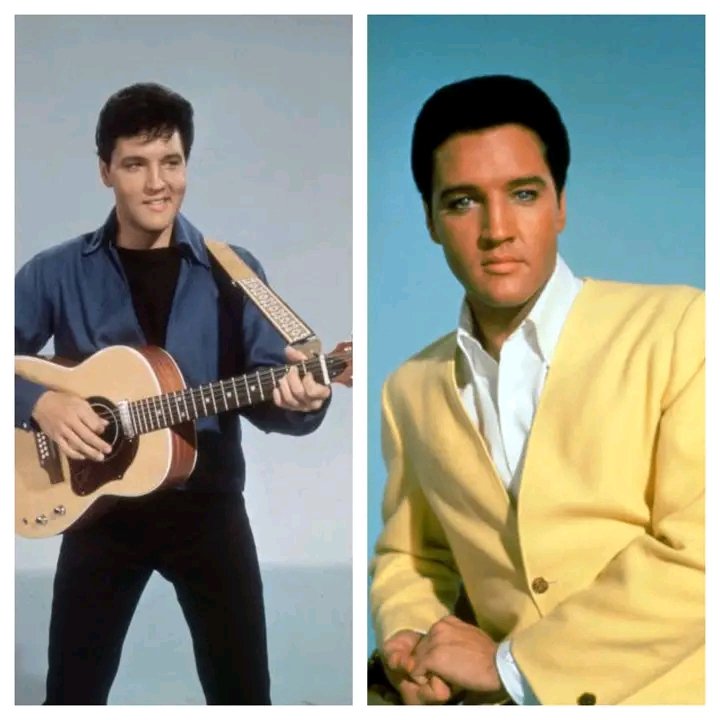In 1956, a 26-year-old Elvis Presley arrived in Hollywood under contract with Paramount, carrying ambitions that stretched far beyond his already meteoric music career. Though he had become a national phenomenon thanks to his rebellious rock ’n’ roll hits and electrifying stage presence, Elvis craved serious recognition as an actor. His debut film, *Love Me Tender*, placed him in a modest role within a Civil War drama. While the studio marketed it around his singing, Presley approached the acting with earnest dedication—meticulously memorizing every line and frequently seeking feedback from the director. He wasn’t just performing; he was learning and striving to grow.
Off-camera, Elvis revealed a surprising shyness and deep self-doubt about his acting skills. He admired actors like James Dean and Marlon Brando and longed to emulate their dramatic intensity rather than settle for lightweight jukebox musicals. Between takes, he often sat alone with scripts of *A Streetcar Named Desire* or *East of Eden*, rehearsing scenes he would never get the chance to perform. Co-stars remarked on how different he was from his flamboyant stage persona—quiet, thoughtful, and hungry for artistic improvement.
Despite Elvis’s aspirations for more serious roles, his manager Colonel Tom Parker steered his film career toward music-driven, commercially safe projects. Throughout the 1960s, Presley starred in a string of formulaic musical comedies—*Blue Hawaii*, *Girls! Girls! Girls!*, and *Clambake* among them—that were box office hits but critical disappointments. Elvis privately despised many scripts, famously calling *Harum Scarum* “the worst piece of sh\*t I’ve ever been in.” Yet, he showed up on set unfailingly, committed to delivering his best, even when the material failed to inspire him.
A rare departure came in 1969 with *Charro!*, a western where Elvis didn’t sing a single note. Though the film didn’t achieve critical success, Presley embraced the opportunity to portray a grittier, more dramatic character, briefly reminding audiences that there was more to him than sequins and song. That same year, his legendary ’68 Comeback Special and Las Vegas residency reignited his passion for performance and reaffirmed his status as The King.
Elvis Presley’s acting career remains one of Hollywood’s enduring what-ifs. He possessed the charisma, the dedication, and the hunger—but seldom the scripts or creative freedom to fully showcase his talents. Still, his film work left behind moments of genuine charm, and fans continue to wonder what might have been had he broken free from the Colonel’s control. For Elvis, the movies weren’t just a paycheck—they were a missed opportunity to reveal the artist he truly aspired to be.
